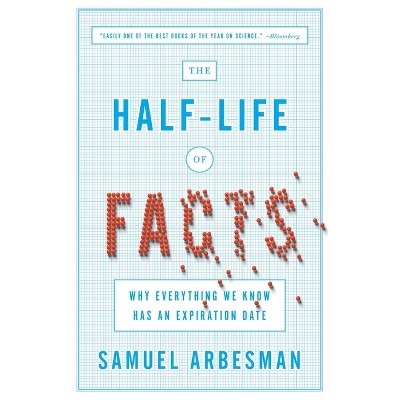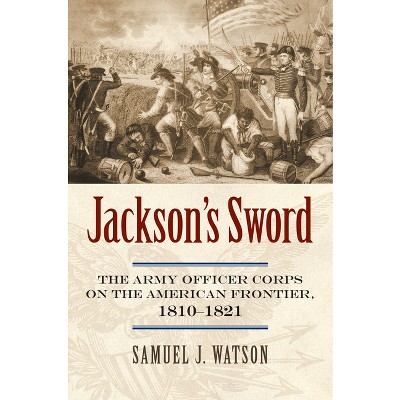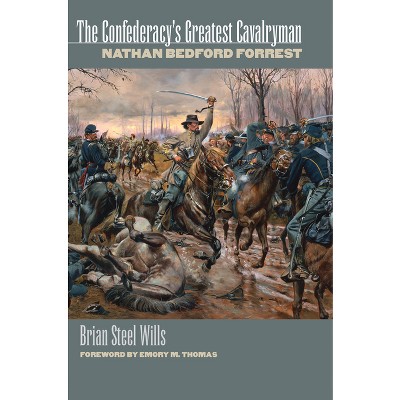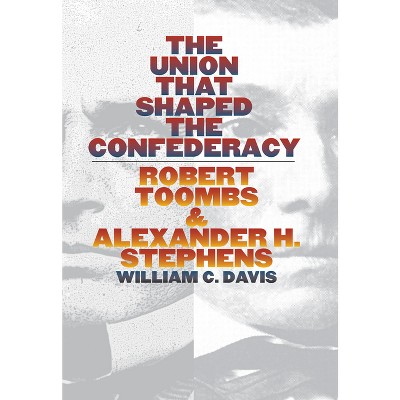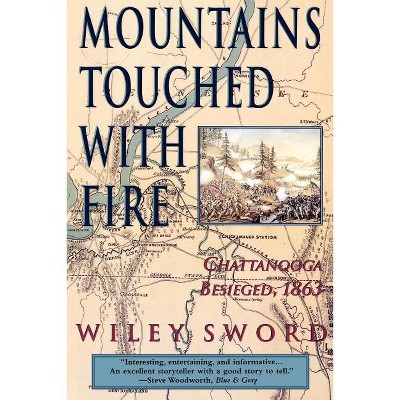Sponsored

The Confederacy's Last Hurrah - (Modern War Studies) by Wiley Sword (Paperback)
In Stock
Sponsored
About this item
Highlights
- Following the fall of Atlanta, rebel commander John Bell Hood rallied his demoralized troops and marched them off the Tennessee, desperately hoping to draw Sherman after him and forestall the Confederacy's defeat.
- Author(s): Wiley Sword
- 528 Pages
- History, United States
- Series Name: Modern War Studies
Description
About the Book
An account of the Confederate Army of Tennessee's final disastrous assault at Spring Hill, Franklin, and Nashville. Following the fall of Atlanta, this campaign led to the worst defeat of any army during the war.Book Synopsis
Following the fall of Atlanta, rebel commander John Bell Hood rallied his demoralized troops and marched them off the Tennessee, desperately hoping to draw Sherman after him and forestall the Confederacy's defeat. But Sherman refused to be lured and began his infamous "March to the Sea," while Hood charged headlong into catastrophe. In this compelling dramatic account of a final and fatal invasion by the Confederate Army of Tennessee, Wile Sword illuminates the missed opportunities, senseless bloody assaults, poor command decisions, and stubborn pride that resulted in 23,500 Confederate losses--including 7,00 casualties in one battle--and the pulverization of the South's second largest army. Sword follows Hood and his army as they let an early advantage and possible victory slip away at Spring Hill, then engage in a reckless and ill-fated frontal attack on Franklin, often called the "Gettysburg of the West." Despite that disaster, Hood refuses to yield and presses on the Nashville and a two-day bloodbath that unhinges what is left of his battered troops--the worst defeat suffered by any army during the war. Telling the story from both the Confederate and the Union perspectives, Sword pursues personalities as well as battles and troop strategy. He portrays Hood as a gutsy yet irresponsible leader--"a fool with a license to kill his own men"--whose valiant but rapidly dwindling troops were no match for the methodical General George G. Thomas and his better prepared--and entrenched--Union army. Hood, however, was not entirely to blame for Confederate failures, says Sword, who shows how decision making and actions--both good and bad, logical and chaotic--by key players on both sides helped determine the battles' outcomes.Review Quotes
"Sword compellingly recreates the heroism, missed chances, political backbiting, and flawed rebel leadership underlying the outcome at these killing grounds. . . . Narrated with brisk attention to the nuances of strategy--and with measured solemnity over the waste of life in war."--Kirkus Reviews
"A blockbuster. . . . Narrative history at its best."--Edwin C. Bearss, chief historian, National Park Service
"Civil War history superbly reported by a master storyteller. Thoroughly researched, rich in drama and detail, rendered in vivid colors with flesh-and-blood characters--just as it occurred."--Rod Gragg, author of Confederate Goliath: The Battle of Fort Fisher
"By far the best book written on Hood's Tennessee campaign. Sword's description of the Confederate tragedy at Franklin is superb; it could serve as a model for painting combat in words."--Albert Castel, author of Decision in the West: The Atlanta Campaign of 1864
"A masterful combination of historical fact and human interest . . . both brilliantly informative and deeply moving."--Richard Wheeler, author of Sherman's March
"This is the fullest, most judicious narrative produced to date on the mortal wounding of the Confederacy's second principal army. The book also ranks among the best narratives of Union activities in that climactic campaign for control of Tennessee."--James Robertson in the Richmond News Leader
"The best book ever written on the campaign. There is no way anyone can write a better one."--Thomas Y. Cartwright, Curator, The Carter House, Franklin, Tennessee
Shipping details
Return details
Trending Non-Fiction










